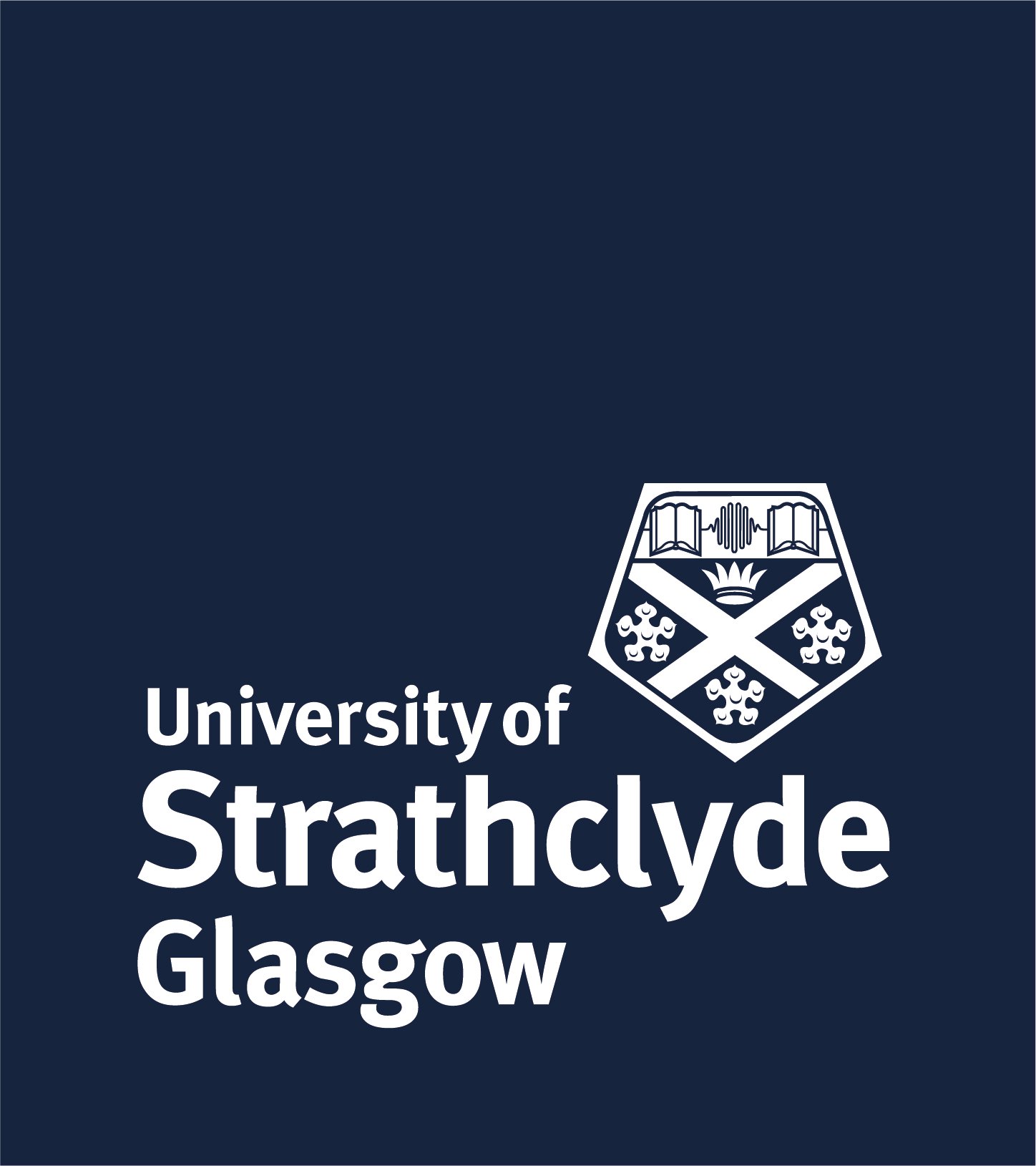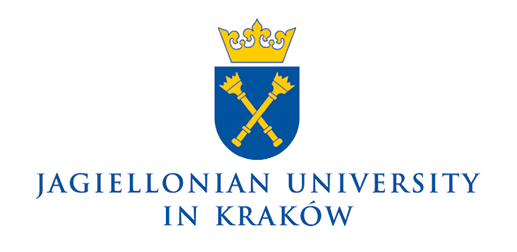Methodology
GEN-MIGRA combined the use of different quantitative, qualitative and creative visual methods to:
Explore migrant women’s lived experiences of (im)mobilities, vulnerabilities, resilience strategies and changing local and transnational kinship and community-based care practices during and post Covid-19 pandemic;
Compare different state responses to the Covid-19 crisis and the gendered implications of these on the safety and wellbeing of women with varied immigration statuses and differently positioned in the labour market;
Document the impacts of Covid-19 pandemic on migrant women’s mobilities, access to paid labour, work conditions and access to social protection transnationally, including housing, healthcare, education and food security;
Propose evidence-based solutions to develop gender-responsive policy interventions and social protection schemes for migrant women and their families through working collaboratively with migrant women, experts, policy makers and the general public.
Our data collection was carried out between 2022- 2024 and included:
- Secondary analysis of existing data to evidence on the impact of the pandemic on transnational families;
- Policy analysis to develop a comparative measure for analysing the gendered consequences of Covid-19 for migrant women’s access to paid work, employment conditions and social protection in these countries;
- Expert interviews with stakeholders in each of the participating countries;
- In-depth interviews with over 100 migrant women living in Germany, Poland, UK, Brazil, Spain and Portugal, including women with diverse mobility patterns, migration statuses and labour market positionalities;
- Family/social network interviews using creative approaches such as family mapping to analyse the impacts of the pandemic on migrant women’s transnational support networks and their family relationships.









